Ecological transition and extractivism of lithium in Chile
Water governance and environmental degradation in the indigenous lickanantay’s territory
DOI:
https://doi.org/10.35305/23626097v7i12.248Keywords:
ecological transition, extractivism, water governance, environmental degradationAbstract
This paper analyzes the global ecological transition and its regional implications in the case of Atacama’s salt deposit basin in Chile. As a starting point, we reflect on the transition to electric mobility that gives rise to a process of lithium extraction which generates environmental degradation undermining water availability as well as the ways of relating to the nature of the indigenous lickanantay people. The article is divided into four parts: in the first part –which is mainly a documentary review of the new model of sustainable development- we analyze how this model articulates an extractive process in countries within the periphery of development. In the second one, we examine statistical data in order to understand the importance of South America as a source of lithium in global economic flows. In the third part, we delve into the field work in terms of a discourse analysis dealing with the introduction of new actors and their confrontation with lickanantay people’s perspective. Finally, we propose an analysis grounded on the theoretical matrix of political ecology so as to address water governance and identify the implications of the process of environmental degradation which are embodied in indigenous actors’ stories about the transformation process.
Downloads
Metrics
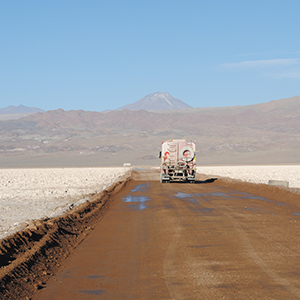
Published
How to Cite
Issue
Section
License
Open access policy
A&P Continuidad is a non-profit and open access publication. According to Mexico Declaration on Cultural Policies, the journal distribution is submitted to Creative Commons Attribution-Noncommercial-ShareAlike 4.0 International Public License (CC BY-NC-SA). “Neither the commercial use of the original work nor that of the possible derivative works are allowed. The distribution of derivative works should be submitted to the license regulating the original work. This license is not free.”
A&P Continuidad authorizes the partial or full reproduction of texts and graphs provided that the source is cited. Authors are exclusively responsible for the criteria expressed in the articles which do not necessarily reflect the opinion of the Editorial Committee or that of the Direction Board. The copyright of the published articles pertains to their authors or publishers.
Transfer of rights
The acceptance of an article to be published implies the author’s transfer of rights to the journal. Authors continue to have the right to use the material in future books or publications, approve or veto the republication of their works as well as the rights related to patents or other rights. Transfer of rights form may be downloaded here.



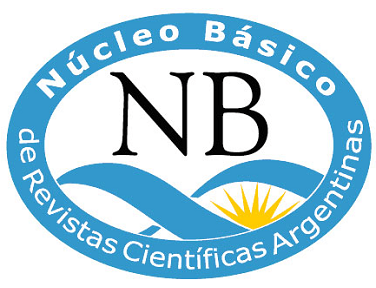


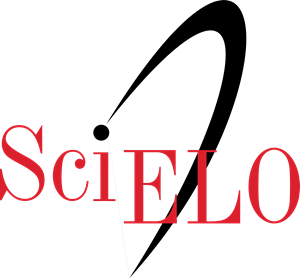



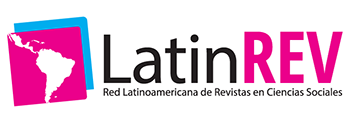

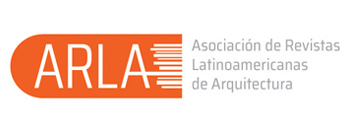
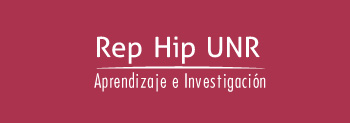



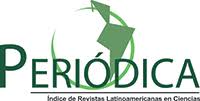








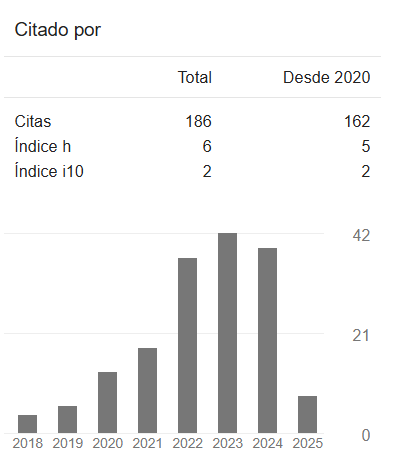


 This OJS site and its metadata are under a
This OJS site and its metadata are under a 

